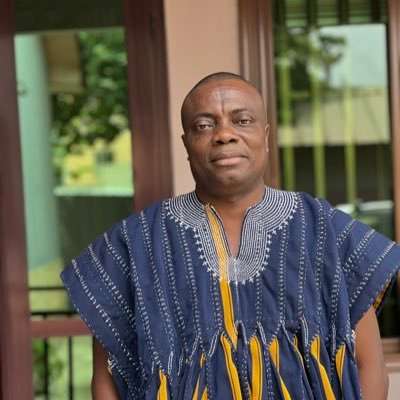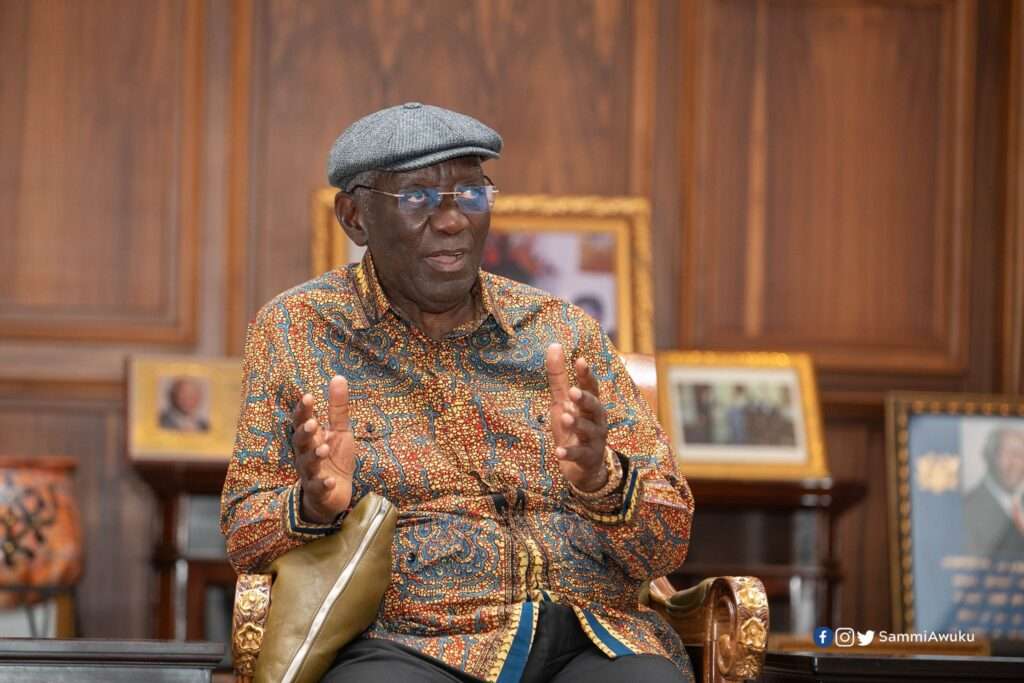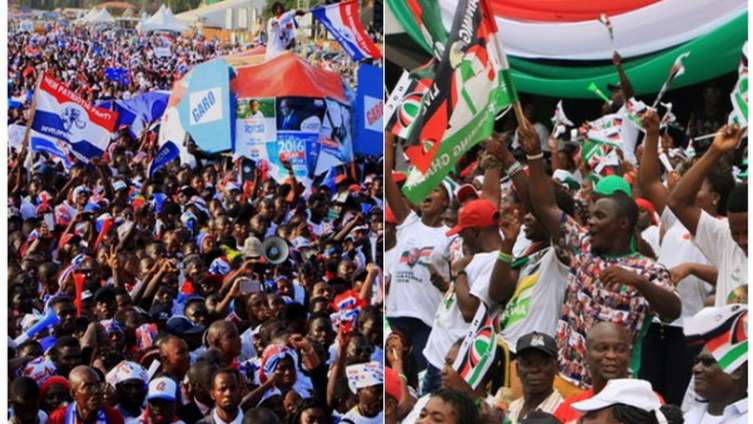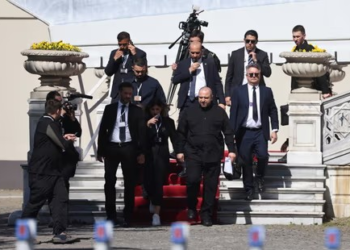Mussa Dankwah, Executive Director of Global InfoAnalytics, has emphasized the urgent need for comprehensive political transition reforms in Ghana, particularly regarding contracts and public sector appointments made by outgoing administrations.
He underscored how last-minute decisions by departing governments often lead to political tension, administrative instability, and accusations of bad faith.
Dankwah called for clear regulations to ensure a more transparent and accountable transition, preventing successive governments from reversing appointments and contracts purely for political reasons.
His remarks come in response to the widespread dismissals of public sector workers hired after December 7th, 2024 by the new NDC administration, a move that has faced backlash from the opposition and elicited mixed reactions from the public.
Accordingly, he recounted a personal experience where he advised a private client against signing a major Public-Private Partnership (PPP) agreement shortly before the swearing-in of a new government.
“There is a project I have been involved in with a private client, a PPP project, which has been going on for almost three years. All was set for the agreement to be executed after the election but before the swearing-in of the new government.
“I advised my client not to sign the contract until the new government has taken over and a new CEO is appointed to avoid the contract being seen as a midnight contract, regardless of how long it took us to get to the finish line.”
Mussa Dankwah
Dankwah further raised concerns about the ethical implications of outgoing administrations rushing to finalize contracts and initiate last-minute recruitments.

He contended that these actions not only raise suspicion but also undermine the credibility of governance.
He questioned the rationale behind an outgoing administration rushing to finalize agreements and initiate large-scale recruitments immediately after losing an election, suggesting that such moves create an impression of bad faith and deepen public distrust.
Dankwah emphasized that if the situation were reversed, those in power would likely condemn the same conduct.
The persistent allegations of politically motivated recruitment, he noted, stem from the failure of successive governments to implement concrete measures to curb the practice.
Dankwah suggested that Ghana implement a “Purdah” period similar to the system in the United Kingdom, which limits certain government decisions in the months leading up to an election.
He proposed that within the last three to six months before an election and before a new administration assumes office, the outgoing government should be restricted from making specific decisions.
Exceptions, he noted, should only be made in emergencies and with prior parliamentary approval.
“Recruitment into public service must end at least three months before an election, and the government doing the recruitment should make provision in the mini-budget and not leave the financial burden on the next government.”
Mussa Dankwah
Breaking The Cycle Of Political Retaliation
Furthermore, Dankwah pointed to past instances where successive governments overturned decisions made by their predecessors, stressing the need to break the cycle of political retaliation.
He referenced cases such as John Agyekum Kufuor’s approval of the Single Spine Salary Structure just before leaving office and the pattern of each administration nullifying appointments made by the outgoing government.

The NPP reversed NDC appointments in 2016, and now, in 2024, the NDC is doing the same to NPP appointees.
He underscored how this repetitive cycle has led to shifting positions, where those protesting today were justifying similar actions in the past and vice versa.
He further highlighted the frequent cancellations of contracts, nullification of recruitments, and politically motivated dismissals, warning that these practices undermine national development and weaken public trust in state institutions.
“Cancellation of contracts, nullification of recruitment, appointment chaos, chasing of former appointees from office, tracking people perceived to be aligned to the former government from their positions even when that position is not meant to be political, etc.
“We will continue to see these issues in the future unless we truly reset the country regardless of the pain it might cause in the base because at some point if NDC loses power, those justifying these actions will be looking for us to sympathize with them.”
Mussa Dankwah
Dankwah also condemned the growing trend of political discrimination, where individuals are denied opportunities based on perceived political affiliations.

He criticized the practice of identifying professionals by their political leanings, which he believes is detrimental to national development.
“People are now sharing pictures of officers taken with the president and vice president to prove they were NPP. Well, me too, I have pictures with Bawumia and Nana Addo. Therefore, I am an NPP member too.
“This is really sad and a very low point in our quest to build a nation. A nation where even people perceived to be partisan but useful for the development of this country are not allowed to serve”.
Mussa Dankwah
He warned that this mentality risks alienating skilled individuals and creating a culture of political victimization that will eventually hinder the country’s progress.
He urged policymakers to find ways to ensure political neutrality in state institutions to foster development rather than division.
Accordingly, he stressed that no country can develop with a politically divisive mentality.
Dankwah urged all political stakeholders to prioritize national interests over partisan loyalty and work towards institutional reforms that ensure fairness, continuity, and stability in governance.
“No nation has developed with this kind of mentality,” he asserted. “We must rise above petty political divisions and focus on what truly matters—progress and national unity.”
Dankwah further called on civil society organizations, media, and the general public to engage in conversations that will push for systemic reforms and a more structured transition framework that benefits all Ghanaians.
READ ALSO: Stock Market Watch: GSE-CI and GSE-FSI Maintain Momentum




















